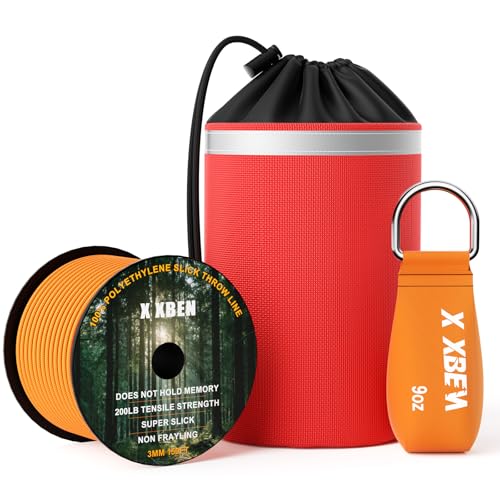Telling someone to bow down to a company that works for you is bad advice.
Boy are you on a roll today. Your reading comprehension is usually better than this. An insurance policy is a contract. If you break said contract for any reason, the contract agreed to by you and your provider when the policy is enacted, they have the right to rescind coverage. Again.... This varies by insurance and state. Similar to flood insurance that most people dont know they dont have until they need it. The devil is in the details and you'd better know what your insurance allows for.
That's not bowing down to anyone Sean. That's just plain common sense, which you generally seem to have.
and the insurance companies must follow the same rules for coverage the same as any other heat source.
Wrong. Very wrong. Indoor wood stoves are a higher risk from the insurance co perspective compared to other heat sources for many reasons. Open flames, possible CO, lack of maintenance that can lead to fires. IMPROPER INSTALLATION. Generally you are looking at an increase in premium to mitigate the increased risk the ins co is assuming. You won't see them increasing your premium for installing a heat pump right? Different requirements.
You can talk to them all you want, at the end of the day, they cannot deny coverage, all or in part because you heat your house with wood.
More really bad information. There is no law stating what ins must cover when it comes to wood stoves aside from whatever they have agreed to cover in writing. And as a homeowner you better know what your agreement is with your ins provider. Sticking your head in the sand and hoping you never have a claim or expecting that they will cover it because "they work for you" will not get you far in life.























































